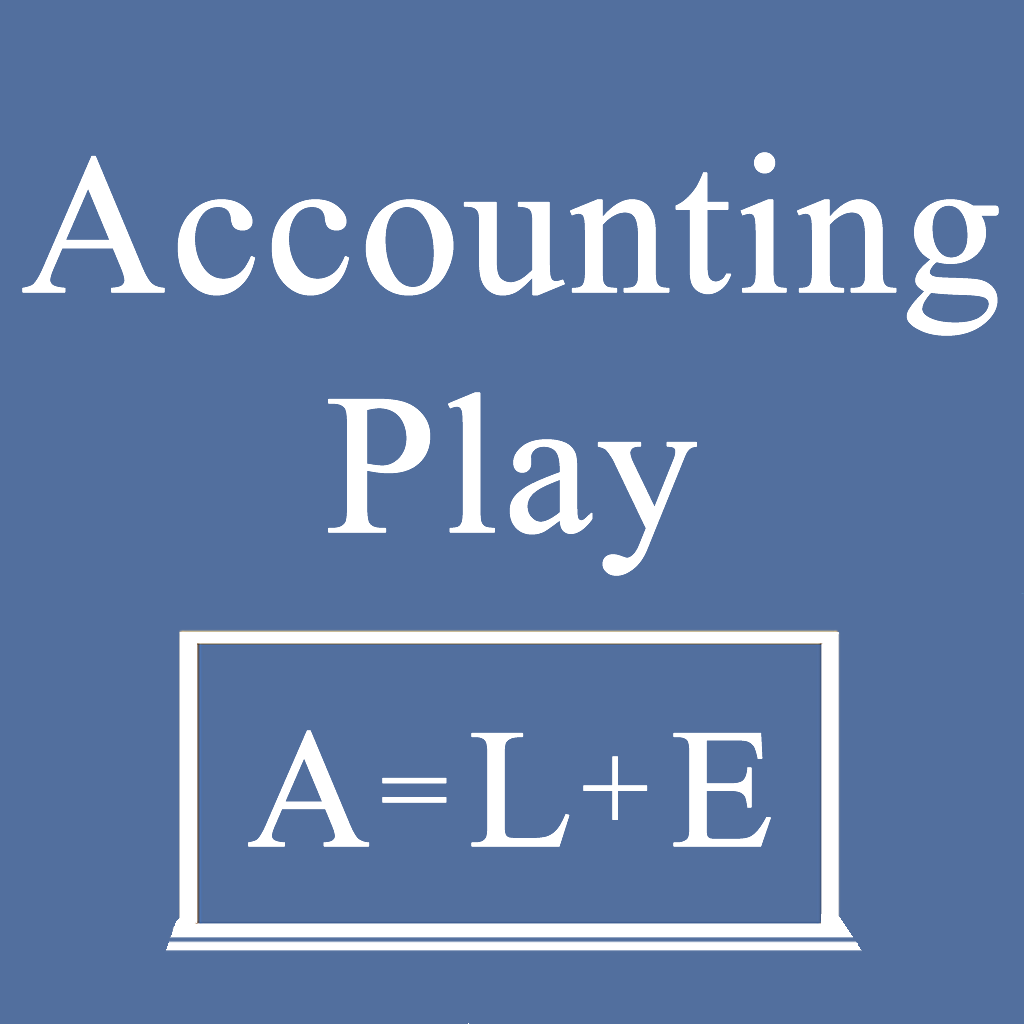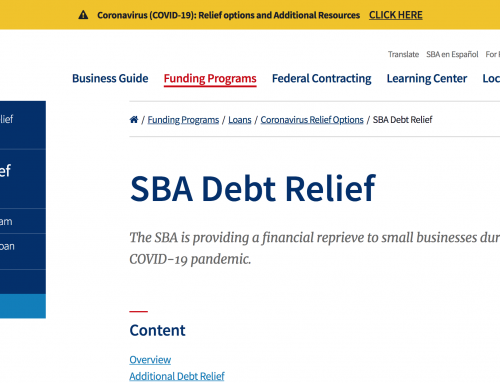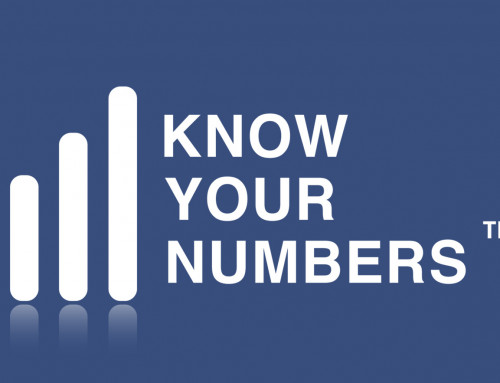Podcast: Play in new window | Download
Subscribe: Apple Podcasts | RSS
In this particular episode, you will learn
- Benefits of an accounting career
- What makes accounting important
Podcast transcript:
Why Learn Accounting
Accounting is the language of business or other words: money talks and BS walks. And those who don’t know, BS stands for Balance Sheet. Yes indeed, accounting tracks where money goes, assets, debts, and ownership. Understanding accountancy is a great part of financial literacy – being able to understand more about money and business. Everyone in this world knows about money. A Texan in San Francisco China Town once told me that the universal language is $100 bills, as he flashed a stack of cash in my face. Was he right? Let’s just say money is a language more widely spoken than English.
Accounting is not just for businesses, but for any financial entity. And the most important entity of them all is you! Everyone spends money of some tangible kind, or intangible – in the form of trades and favors. Most of us do not need to know how to form a complete set of financials using journal entries; however, everyone should have an idea of what an income statement and balance sheet is. It is also helpful to understand that the value of money is constantly changing, referred to as the time value of money. It is a must to know what the five accounts are: assets, liabilities, equity, revenue, and expense.
Accounting is important to any job, as we all work for different entities. Whether it is for the government, an individual, charity, or corporation, we are not immune to the flow of cash. Organizations are driven by financial measures, regardless of purpose. Understanding core concepts will make you more valuable to yourself, family, organization, and community.
Careers in accounting promise a life of luxury. Well, actually, careers in accounting can provide a life of stability and flexibility – which is pretty nice. Also, accounting career paths offer significant opportunities to improve your pay. Hard work, study, and planning can take you far in the profession, whereas other careers might have more reliance on networking, innate skills, and some luck. All in all, accountants may not make a ton, but understand how to save money and perhaps even invest a little.
All rich people may not understand the details of advanced accounting, but they get the larger concepts. Self-made wealth is almost always built with small businesses that all have accounting requirements. Successful business owners understand revenue, accounts receivable, debts, and equity even if they don’t know a debit from a credit.
Understand how to read a basic financial statement and interpret the results. Everyone should know the purpose of every financial statement and the five main accounts. Be able to locate different assets, debts, ownership, revenue, expenses, and the profit or loss with your eyes closed. Take your core accounting knowledge to heart, in daily life, and learn the technical stuff if it helps you reach your larger goals.






Leave A Comment